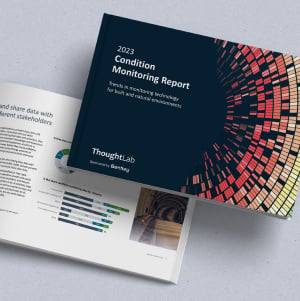Do you need a merchant bank account?
- December 12, 2019 ⎯ mins read

You may have heard that you have to obtain a business or merchant bank account to begin receiving customer payments.
At this point, you could be wondering what a merchant bank account even is?
Depending on your specific circumstances and how you want to conduct business, a merchant bank account could be a key requirement, however, with the right billing partner it could also be optional.
Here’s some more information to help guide you towards the right solution for you.
What is a merchant bank account?
In general, a business or merchant bank account is a type of bank account which allows your business to accept debit or credit card payments.
When your business uses direct debit to withdraw regular funds from a customer, this money is first deposited into a merchant account where it remains until it is eventually transferred into your business account, normally on a daily or weekly basis.
What does this mean for your business?
If your business wants to collect payments from a customer directly, then your business must open a merchant account.
Basically, this merchant account delays the transaction of funds between your customer and you, in an effort to mitigate risk by allowing a bit of extra time for disputes.
The process of applying for a merchant account is generally long and arduous because you and your business have to undergo an in-depth credit check and approval process which requires a lot of time and paperwork. Additionally, the fees, rates and conditions that the bank offers tend to be so confusing that you may not even be sure how much you’re paying for the service.
How do you avoid this?
A business can navigate around this process with the help of an automated payment processing solution such as Ezypay.
An automated payment processing solution is a third-party service that facilitates the transfer of funds and information between your customer and your business. If you use one, you don't need to obtain a business or merchant bank account to start accepting recurring debit or credit card payments, because they bridge this gap for you.
Setting up your subscription business with this service is the easiest way to start driving revenue, and avoid the complicated process of obtaining a merchant account. A payment processing solution can be set up and used almost immediately, and they usually provide your business with additional support and services.
Ezypay can offer businesses an automated payment processing service because they have developed strong relationships with local issuing and acquiring banks and financial institutions in all the nine countries they bill in, which takes the burden off you.
So, if you’re looking at accepting subscription payments via direct debit or credit card, it’s definitely worth taking the time to decide which option suits you best.
Are you ready to automate your subscription billing?
Read about the key considerations to be made when implementing an automated billing solution with our series of free Subscription Billing for Small Business Checklists, to help you prepare for and roll-out subscription billing successfully in your business.




